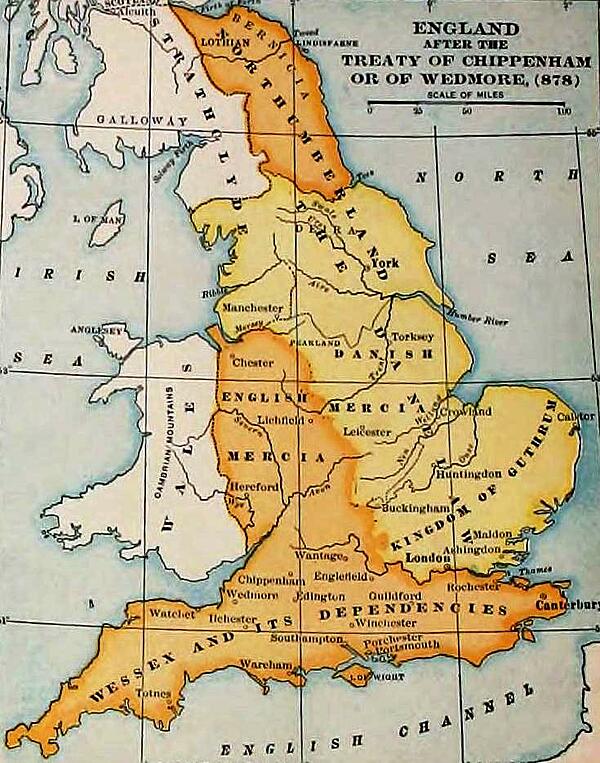The Origin of Place Names
We can learn a huge amount about the history of Great Britain by studying the origin of place names from across the country. For example, there are some cases where the origin of the name are clear, such as with Newcastle, but there are other places that have been heavily affected by the influences of old languages.
Sadly, there is was no record kept of place names used by the Ancient Britons, and there is only a sparse record of some more notable areas until William the Conqueror ordered the creation of the Domesday book in 1086.
However, there are maps and other sporadic records kept between those dates that give us an insight into how naming changed throughout Britain’s history. For example, when the Romans invaded they adopted their own names for particular areas, such as Londinium for the region in and around London. Historians predict that this name came from a local leader named Londinos, which meant ‘wild’.

There are many British cities that still have Roman names, such as Chester, Colchester and Chichester. However, the invasion of the Anglo-Saxons also had a huge impact on place names in Britain. Specifically, Anglo-Saxons began a trend of naming places with words ending with ‘ing’, ‘ham’, ‘ley’, ‘hurst’, ‘stead’, ‘wick’, ‘ton’, ’ford’, ‘win’ and ‘worth’. Examples include Stamford, Birmingham, Alton, Greenwich, Stanstead, Henley, Staplehurst and Oxford.
Following the defeat of Harold at the Battle of Hasting, the Normans began to make their mark on British place names. This resulted in many places being given prefixes or suffixes that related to the new owners of the prominent local manors. Some examples including Grans Thurrock and Stoke Mandeville.
See also:
Norman Place Names in England
Norman Place Names
Viking Place Names
Anglo-Saxon Place Names
The History of County Names
MLA Citation/Reference
"The Origin of Place Names". HistoryLearning.com. 2026. Web.
